The holidays are upon us and that means lots of rich and yummy foods. Our furry friends look forward to the fallout and leftovers too, but these types of foods can spell disaster for them. Rich, fatty foods can cause everything from an upset stomach with vomiting and diarrhea to a much more serious condition called acute pancreatitis. Pancreatitis is an inflammatory condition of the pancreas. It leads to premature activation of the digestive enzymes which can cause local and systemic damage (damage to the pancreas and other organs). Signs include vomiting, diarrhea, lack of appetite, abdominal pain, and weakness. If you know that your four-legged friend got into something fatty or is showing symptoms which don’t resolve quickly, it’s best to bring him or her into your veterinarian.
Make a wish when you tug on that turkey wishbone, but don’t leave it somewhere that Fido can get to it. If your pet swallows it whole (or half), it can certainly get stuck in his esophagus, stomach, or intestine. Even if chewed, it can splinter causing sharp edges that scrape or lodge in the lining of the gastrointestinal tract. Similarly, some dogs have an affinity for swallowing edible or decorative corn cobs whole. If these get stuck anywhere in the GI tract, emergency surgery may be necessary to remove the blockage and restore normal function.
Cats, on the other hand, tend to gravitate towards fun, shiny objects to play with or eat. Ornaments or tinsel on a Christmas tree can be common culprits for intestinal blockages with our feline friends. Remember that glass ornaments can break easily causing injury to the mouth or paws. If you have a new puppy or kitten in the household, it may be wise to skip these decorations this year. Christmas tree lights and extension cords can be chewing hazards. This behavior can cause electrical burns to the tongue and oral cavity making it uncomfortable for the pet to eat. It can also cause acute pulmonary edema which causes fluid to build up in the lungs. It can range in severity from mild difficulty breathing to life-threatening symptoms which cannot always be successfully treated. If your pet is excessively drooling or you see them chewing on cords, you should get to the vet immediately.
The holidays also mean lots of family and friends gathering together. If your furry friend is at all prone to anxiety, this could become stressful. Watch for signs of being overwhelmed and separate pet from all of the activity if necessary. There may also be more activity going in and out of the house, allowing a pet to escape outside. Microchipping your four-legged family member is the best way to ensure he is returned to you should he be tempted to go for a night out on the town.
We wish you all a safe and happy holiday season!!!
